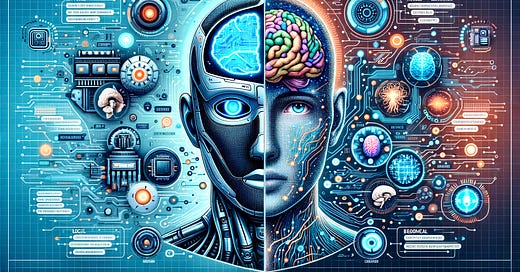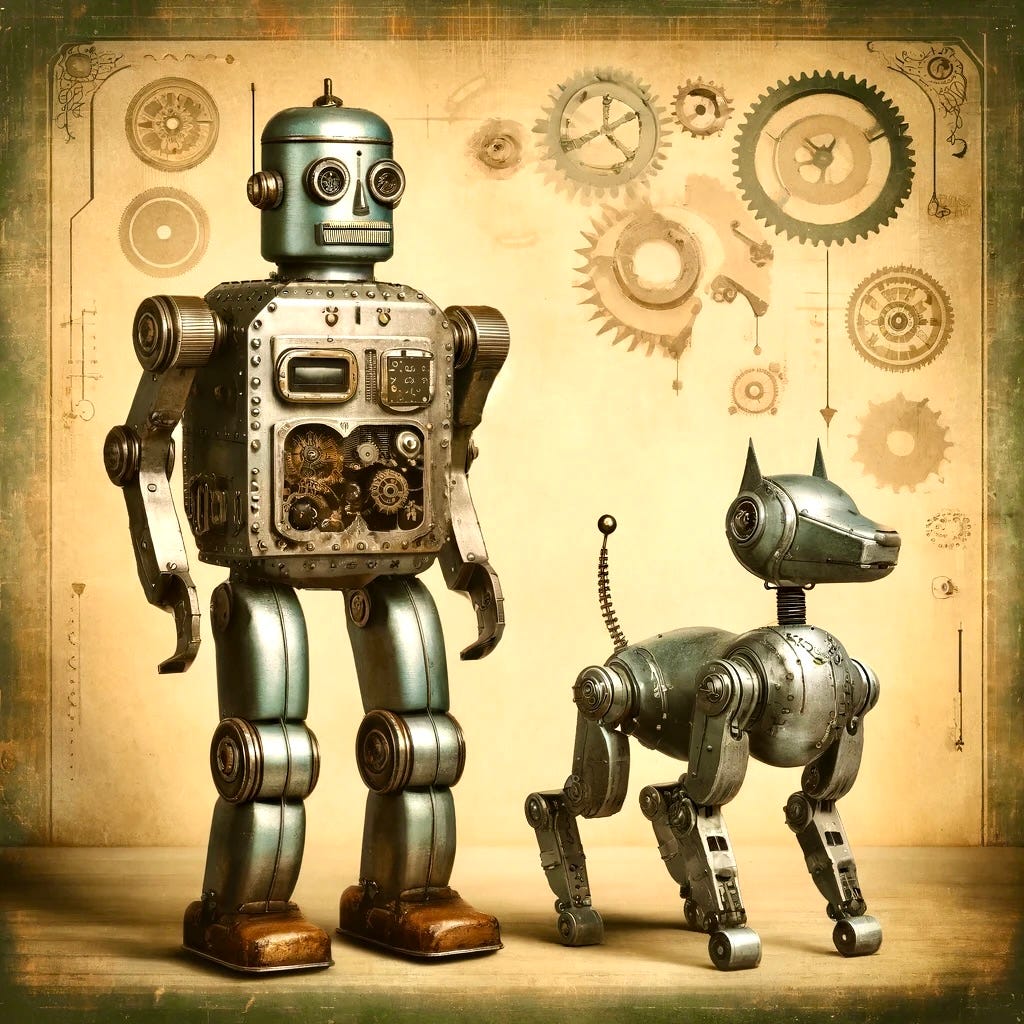“Do tell Group why you believe you are beehive,” says The Keeper, trying to keep a straight face without disguising a proclivity for condescension.
This becomes a trigger for another tidal wave of laughter as the uproar that had momentarily subsided resumes once again, leaving the group in stitches.
“Where is the full moon when you need it?!” Tendril-head bays at the ceiling.
A mixture of anger and indignation bubbles within me. “Is this how you treat your patients,” I angrily pose to The Keeper, “by humiliating them in front of everyone?”
The Keeper’s response is stern and swift: “You dare question our methods? I demand that you explain to the group why you believe you are beehive. In the interest of entertainment, I might consider reevaluating your commitment here if by some miracle you manage to convince these lunatics by a two-thirds majority.” The Keeper chuckles sourly. “Fat chance of that happening.”
I defer to Emma, hoping she can better articulate an answer better than me.
Emma steadies herself, collects her thoughts and takes a deep breath before speaking. “Being human means inhabiting a physical body—like ours,” she says, raising her arms and sweeping them in a grand gesture. “And within these vessels we experience a wide range of emotions: from the soaring heights of joy and exhilaration to the depths of sorrow and despair, and everything in between. It’s the sensation of a heart racing with excitement, the tears that flow uncontrollably during times of grief, the fire of anger that courses through our veins, and the warmth of love that fills our souls.
“But it’s more than that,” Emma continues, gaining momentum and going for broke. “It’s the connections we humans forge with others, an intricate web of relationships. And in these connections, we find a deep sense of meaning.”
“You are suggesting,” hums the old robot, “that we have no meaning? No wonder I’m so depressed.”
“Hogwash” the pixelated Rubik’s Cube erupts, its arrangement shifting. “I have meaning!”
“And I’m feeling very emotional!” shrieks Pee-pee.
“Well done.” The Keeper nods, pleased that Emma appears to have alienated the voters.
“Okay, I’ll begin again,” says Emma.
“Granted,” says the Keeper. “But one more try is all you get. And then we vote.”
In a thoughtful, measured tone, Emma starts over. “In the of artificial intelligence—your world,” she says, “zeroes and ones are the fundamental building blocks of data and information processing. Everything here—all the objects and imagery are created and manipulated using a coding language based on the binary number system. Zeroes and ones make up your virtual universe.”
“Me too?” shrieks Pee-pee.
“You too, Pee-pee.”
The monolithic Keeper shifts in discomfort and harrumphs. “Enough about them,” it huffs at Emma dismissively. “Focus on yourselves.”
“I’m getting there,” says Emma, turning her attention to the patients grouped around her. “Human blood is not made from ones and zeroes. Human blood is a complex biological fluid composed of various components, including red blood cells, white blood cells, platelets, plasma, numerous proteins, hormones and nutrients.”
“Your point?” says The Keeper impatiently.
“My point,” says Emma, “is that unlike data in the world of AI and quantum computing, human blood is a biological substance. No circuits. No scripting, no functions, no sub-routines, no data types. No zeroes and ones.”
“No circuits. No data. No zeroes and ones,” mimics the Keeper, its voice laden with scorn. “You are even crazier than I thought!”
Emma presses on, ignoring the Keeper’s derision. “Physically speaking, my friend and I are not made of circuits and data structures. We are made of flesh and blood created by other human beings. Through biology and genetics we are nurtured in the womb of a human mother. We are birthed into the world with beating hearts and veins pulsing blood.”
And I’m thinking, Jeez, maybe Emma shouldn’t go there, lest the Keeper try to prove her false with invasive methods—methods that would most certainly be to our detriment.
“That is very creative,” says The Keeper. “But can you prove any of these obvious delusions?”
Yup, here we go.





